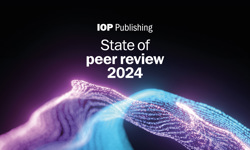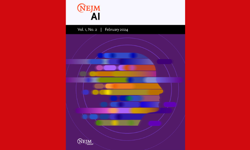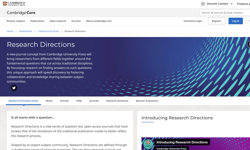
The three aspects are the ‘Innovation China’ platform, impact assessment studies of Chinese scientific research output (including a focus on Open Access) and international knowledge exchange.
Under the agreement, the two parties will collaborate on activities to support the advancement of scientific research in China, sharing experiences in open access publishing and using the IET’s Inspec and Inspec Analytics solutions to deliver impact assessments of Chinese research outputs both domestically and internationally.
Both parties will cooperate to emphasise the value of international academic exchange and assess the impact of open research initiatives in the development of research communication. A series of knowledge exchange events will be planned and undertaken.
Speaking of the announcement, Giles Grant, IET Director of Knowledge Services and Solutions, said: “We’re delighted to be working with CAST on a range of exciting initiatives that will support the community of scientific researchers and practitioners in China. CAST is a long-standing partner of the IET and we look forward to this significant development of our relationship to improve research outcomes globally.”
Vincent Cassidy, IET Director of Research Markets, said: “This agreement is significant in bringing together two key elements of our Open Learned Society proposition; having flipped our entire journal portfolio to Gold Open Access in January 2021, we look forward to sharing our experiences and insights with CAST, and in addition, our recently launched Inspec Analytics service will provide the precision analysis solution to help CAST evaluate research trends and impacts at a granular level.”










